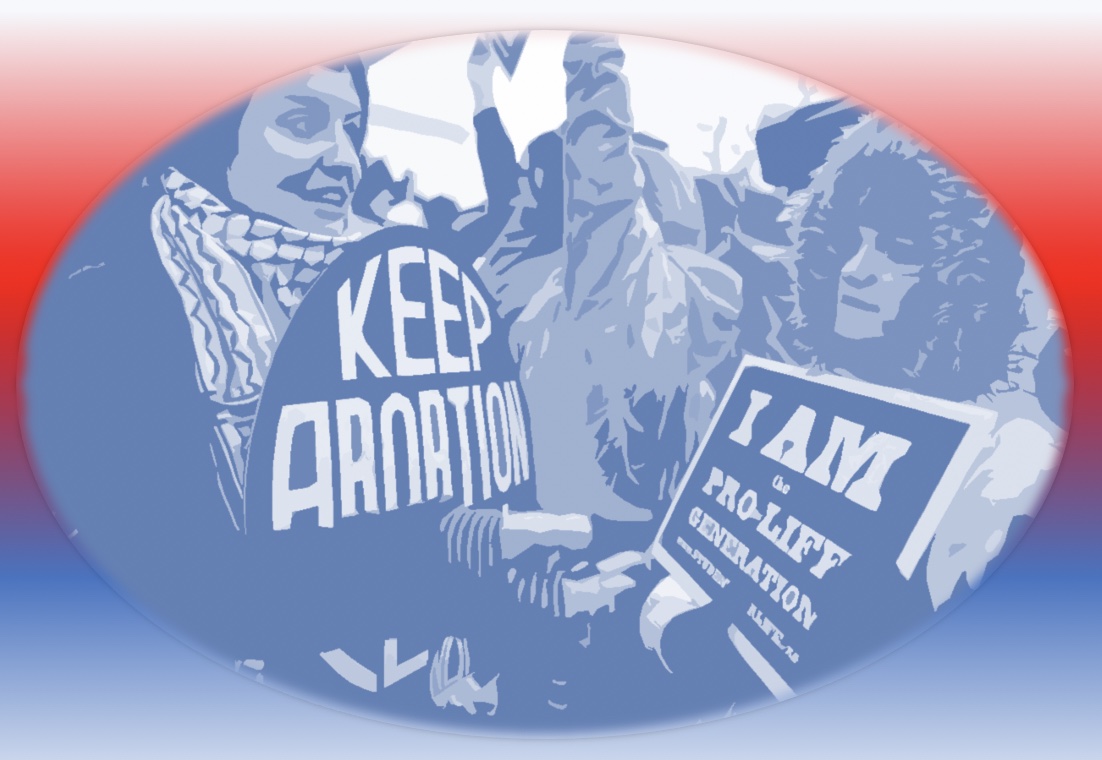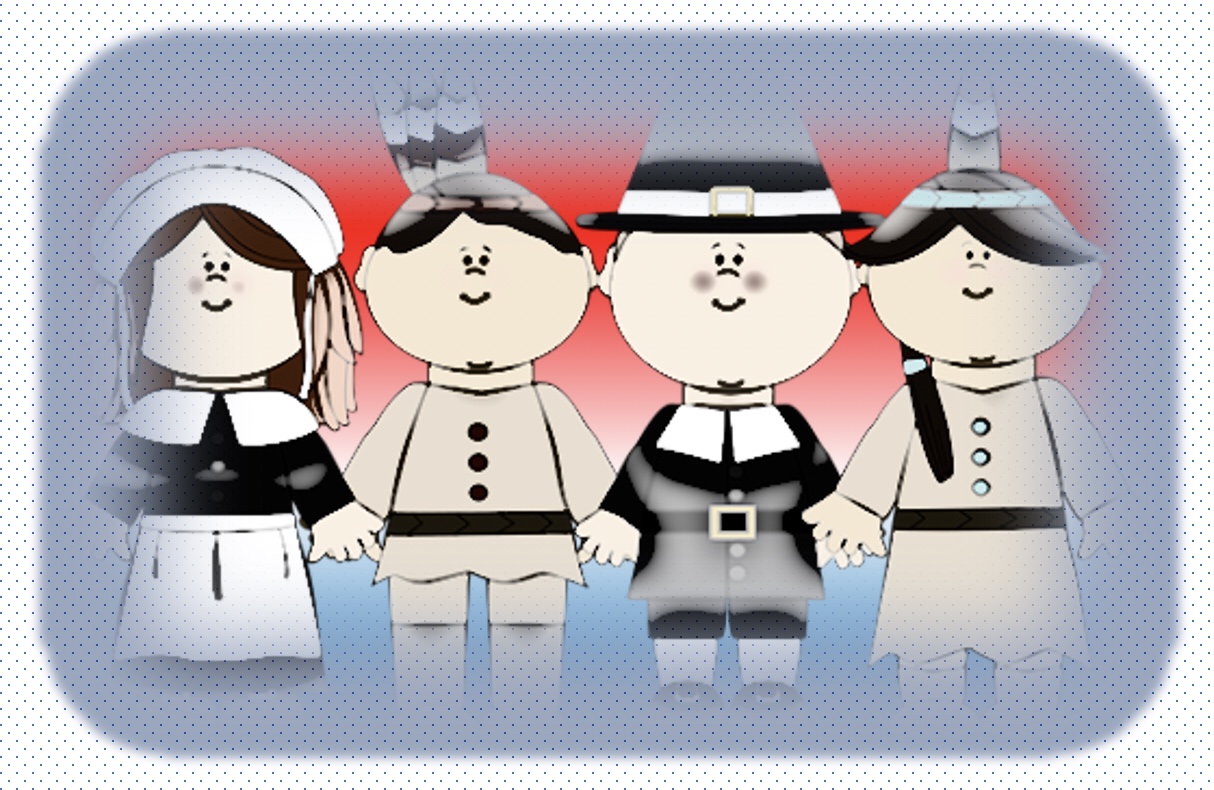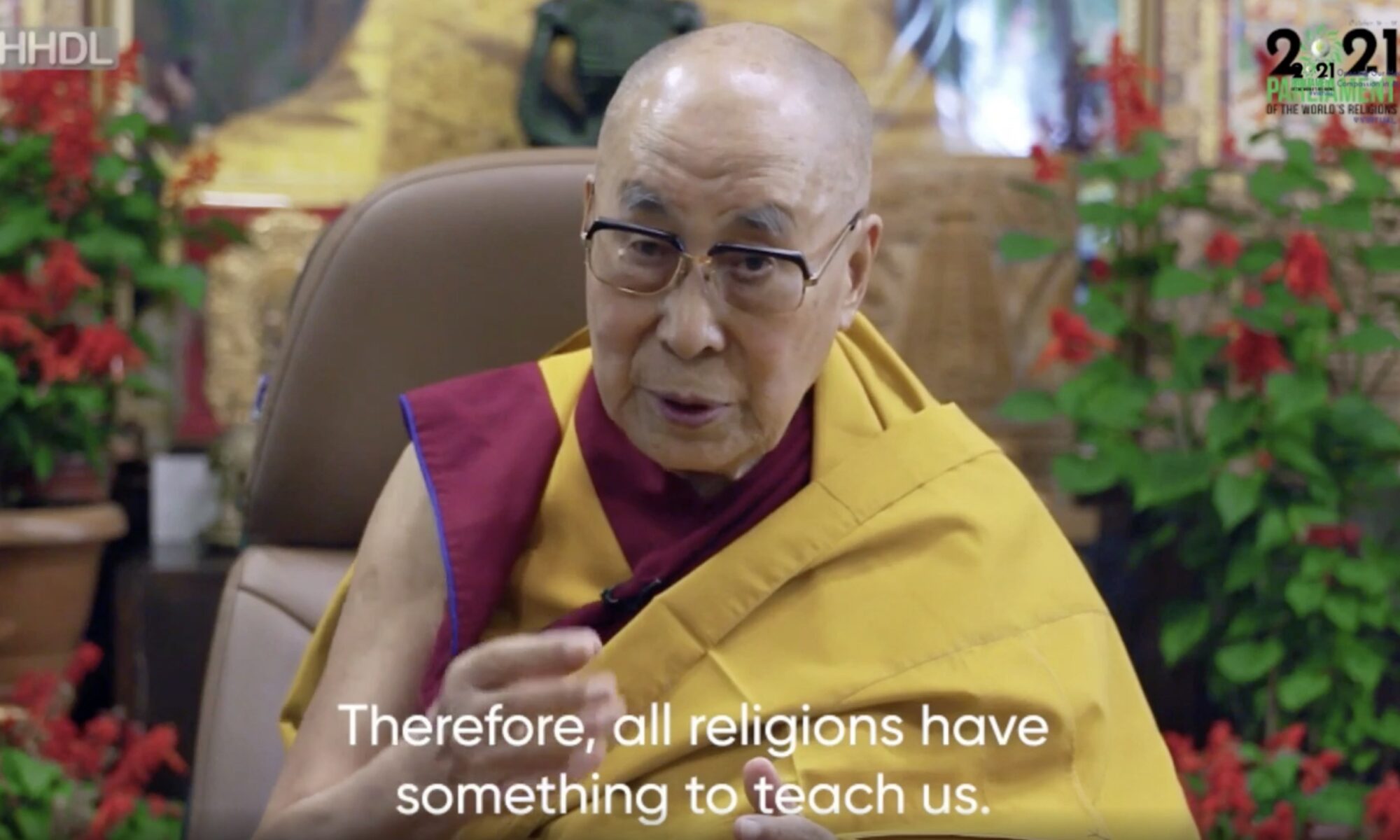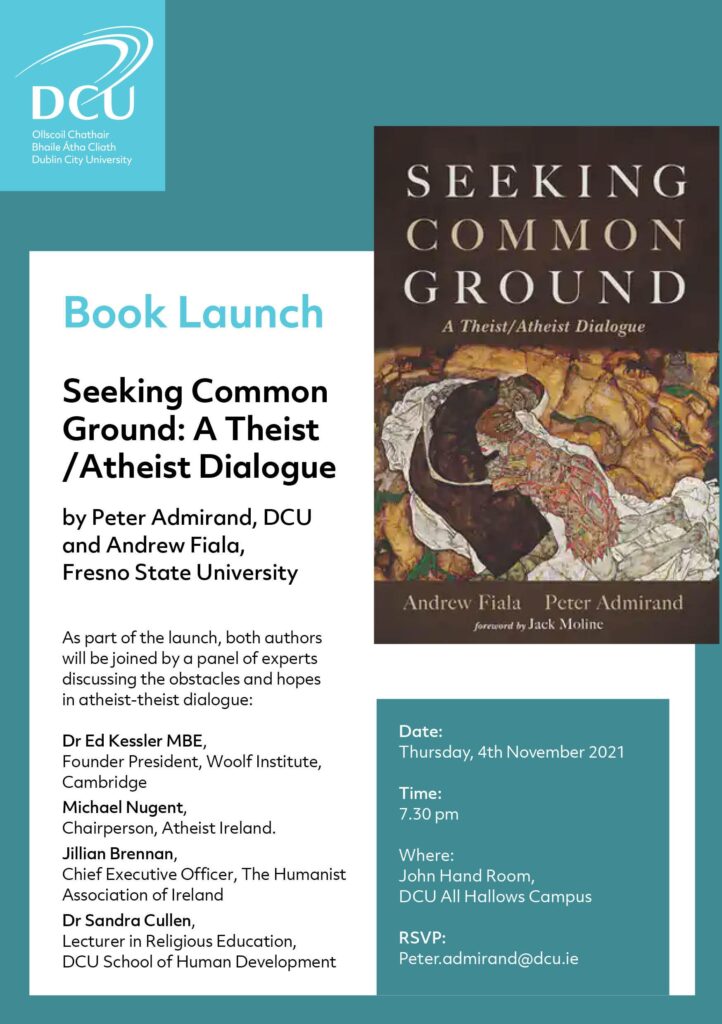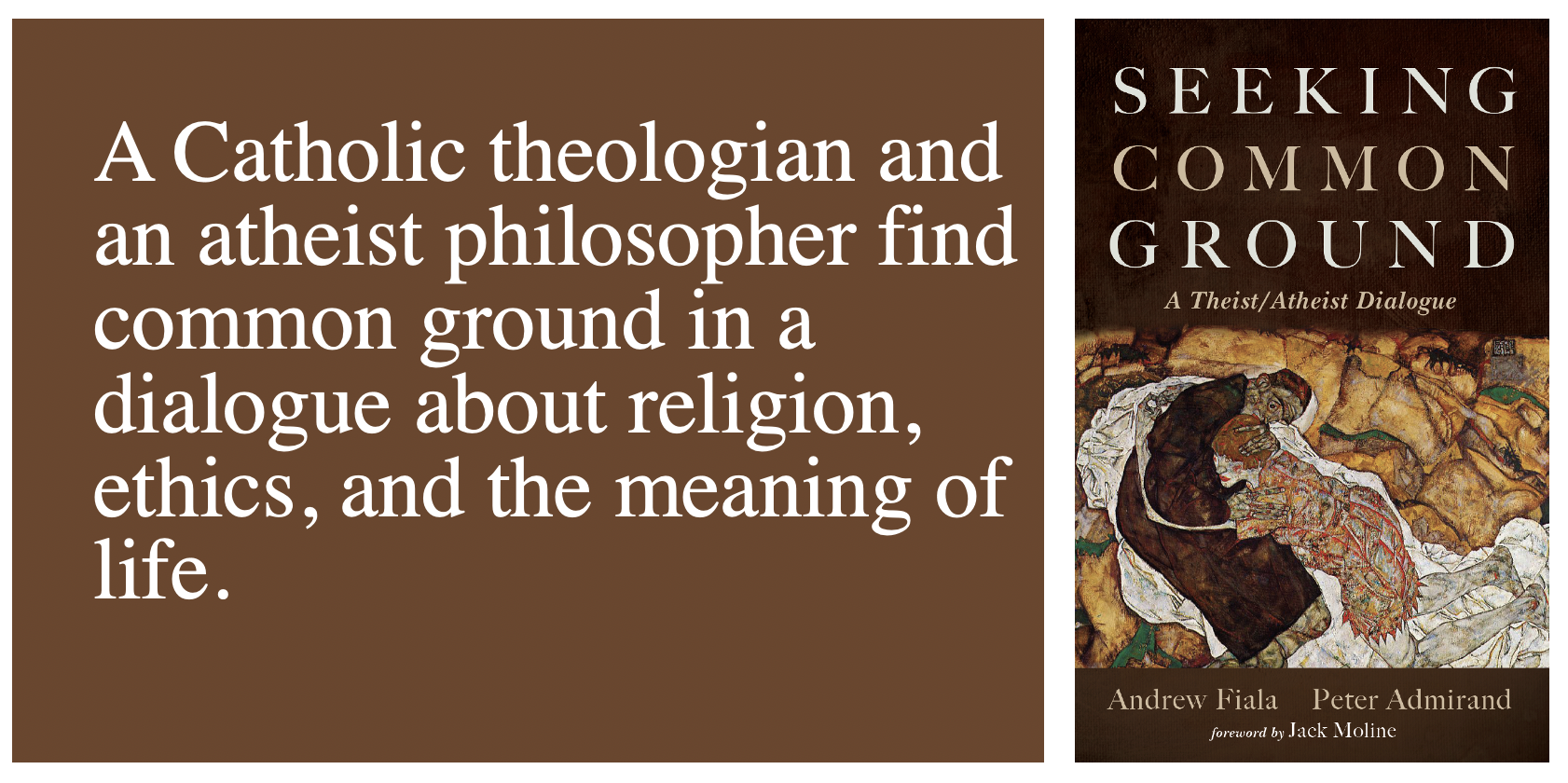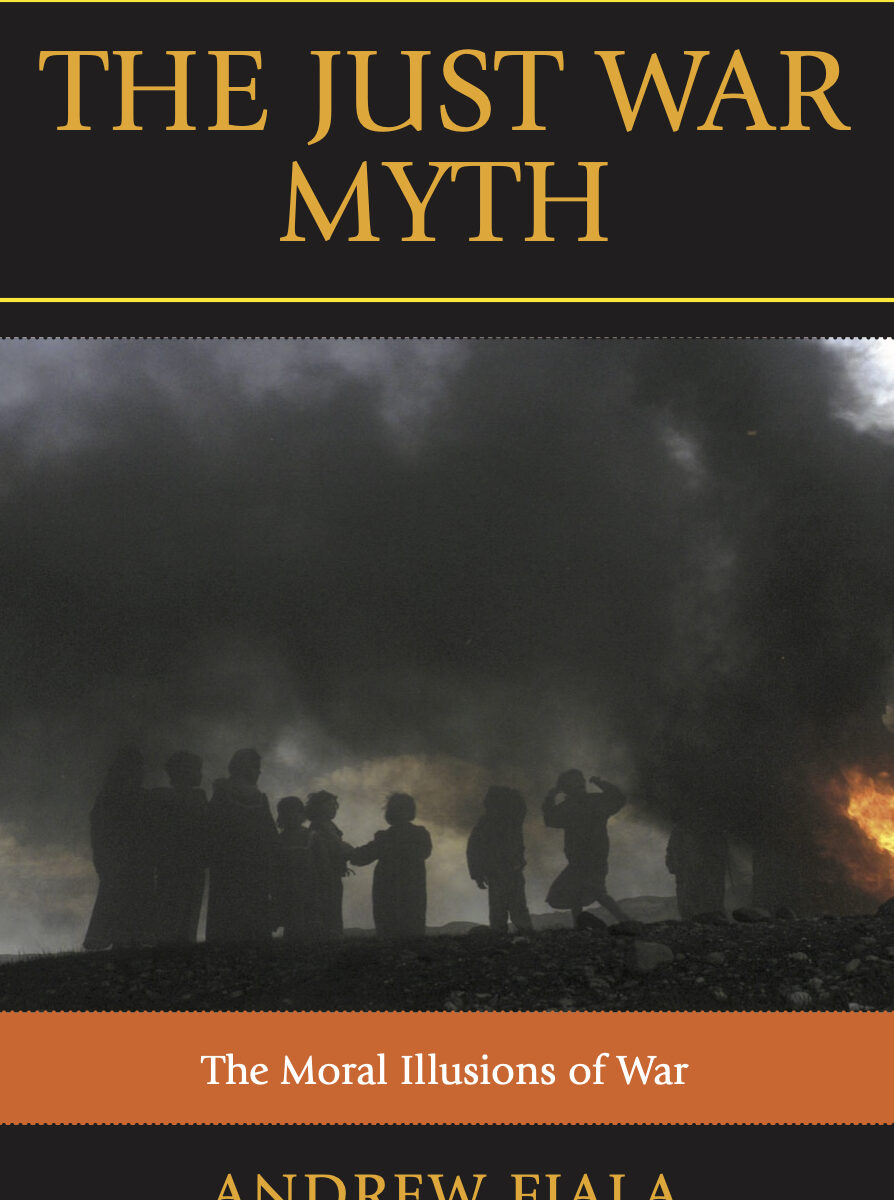As the Supreme Court revisits the abortion debate with the case of Dobbs v. Jackson Women’s Health Organization, let’s consider a broader and more systematic point of view. Abortion is not a first choice or a best choice. No woman gets pregnant intending to have an abortion. Rather, abortion comes up as a choice only after something else has gone wrong.
Outlawing abortion is a simplistic solution to a complex problem. The problem is unwanted pregnancy—and any solution to that problem must involve many significant changes in our social lives that would need to occur to make unwanted pregnancies less likely. This is related to the idea that abortion should be “legal but rare,” an idea I have discussed in more detail elsewhere.
The legal debate involves complex Constitutional questions. Was the right to privacy articulated in Roe v. Wade wrongly “invented” by the Court in its 1973 decision, as conservatives argue? What is the status of Roe as a precedent? How does the idea of a right to privacy connect with other issues involving sex, marriage, and family law?
Those legal questions are different from the really big moral questions. A fundamental moral question is “who counts as a moral patient?” This begs us to consider what kind of being a fetus is (and at what stage in its development it attains moral status). The moral status of a fetus relates to the rights of its mother. This includes the fact that the fetus is entirely dependent upon her. I discuss these issues in much more detail in my ethics textbook and in a recent column.
Abortion is considered as an exception to the general idea that pregnancy usually is a positive thing. It is usually good to give birth. But some pregnancies are unwanted. One significant issue is pregnancy that results from rape and incest. Another issue involves pregnancies that can harm a mother. Another issue involves disabled fetuses. And then there are cases in which a woman is just not ready—economically or psychologically—to become a mother. Pregnancy can occur at the wrong time or for the wrong reasons. And pregnant women can encounter physiological, psychological, economic, and social hardships.
What kind of a social world would we have to create so that unwanted pregnancy could be avoided and those hardships could be ameliorated?
Such a world would involve free and easy access to birth control and sex education—beginning at the age at which conception can occur. This would empower women to avoid pregnancy in the first place. A changed world would involve the end of sexual manipulation and deception. This is not only about rape but also about less violent forms of sexual exploitation and coercion that occur in a world where women are objectified and manipulated by men into having sex. A world with fewer abortions would be a world in which women had power over their lives, the bodies, and their sexuality.
Other issues arise in relation to fetal abnormality and women’s health. A world with fewer abortions would include much better healthcare. This better world would remedy environmental factors that contribute to fetal abnormality and unhealthy pregnancies. Such a world would also provide substantial supports for disabled children and their families. And in such a world, women’s health would be prioritized throughout a woman’s life.
Of course, this is not our world. We live in a world in which women are objectified and manipulated into sex. We live in a world in which sexual education often fails to enlighten and in which no one really discusses sexual ethics. In our world, birth control is often not easily available. We live in a world in which poverty, pollution, and lack of healthcare afflict far too many women and families.
As the Court revisits Roe v. Wade, let’s also reconsider our social world. The Court will decide a narrow question of whether states can limit or ban abortion. This will not make unwanted pregnancies go away. Even if Roe is overturned, illegal abortions will occur in states that ban it and women who want abortions (and can afford it) will travel to states that are more permissive.
Meanwhile, in the background are significant social problems that come to a head in the issue of unwanted pregnancy. Let’s work to solve those problems by empowering women, providing better sexual education (including education about sexual ethics and birth control), and by imagining substantial changes in our economic and healthcare systems.


